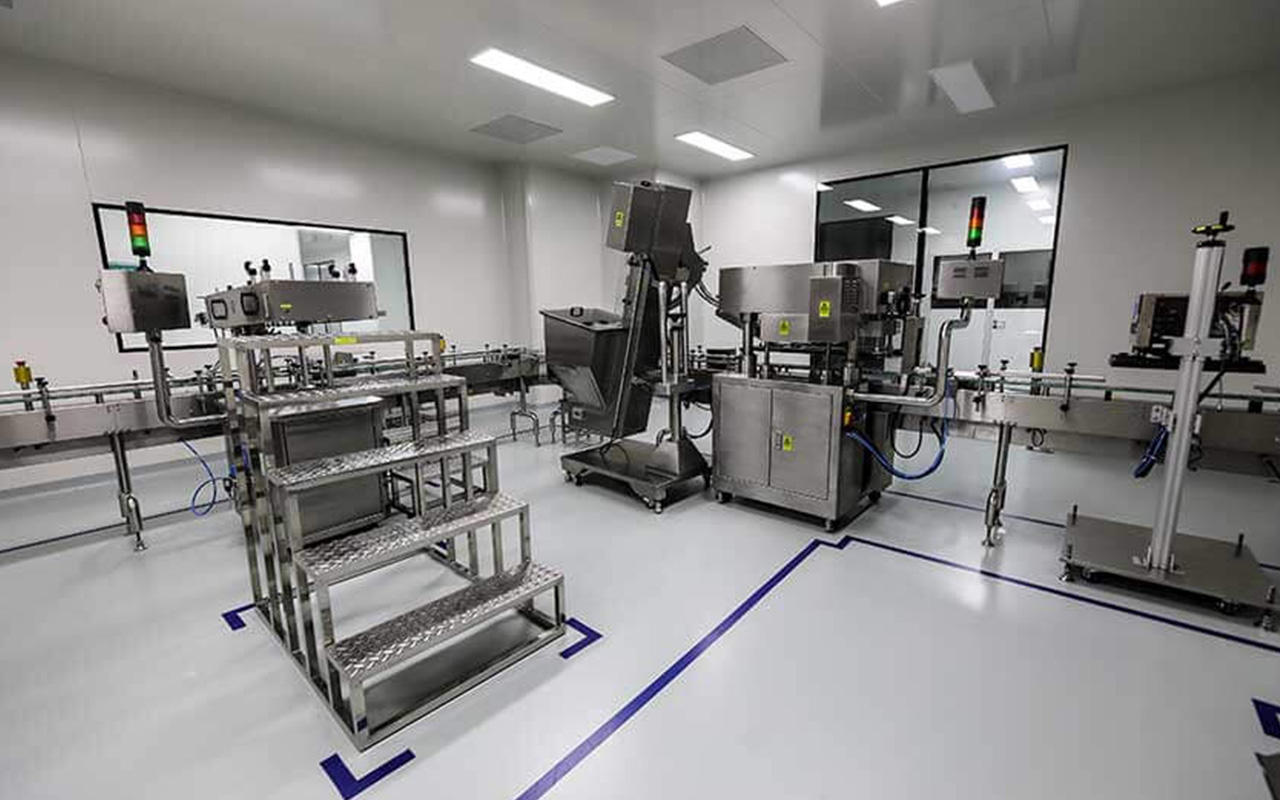The Basics Of Lab Casework: Features And Materials

Lab casework is an essential component of any laboratory, providing storage and work surfaces that contribute to a functional and efficient environment. The right lab casework can make sure that scientific equipment, chemicals, and other materials are securely stored while maintaining the safety and organization of the lab. Whether it is a research lab, educational setting, or healthcare facility, lab casework plays a crucial role in maintaining the day-to-day operations of the lab.
Key Features of Lab Casework
Durability
One of the most important characteristics of lab casework is its durability. Laboratories often work with harsh chemicals, heavy equipment, and various tools that require the casework to be tough and long-lasting. Materials like steel, polypropylene, and laminate are commonly used in lab casework due to their ability to resist wear, corrosion, and damage from spills.
For labs that handle corrosive chemicals, materials such as polypropylene are ideal. These cabinets resist corrosion and can be easily cleaned, making them suitable for sterile environments. In contrast, steel casework, particularly stainless-steel cabinets, comes with unmatched durability in heavy-duty labs and can handle rough daily use while bringing easy maintenance.
Safety Considerations
Lab safety is always a top priority, and casework plays an important role in guaranteeing that the workspace remains secure. Lab casework is often designed with specific safety features such as chemical resistance, fire protection, and locking mechanisms for hazardous materials.
Fume hoods, for example, are often integrated with lab casework, delivering ventilation to remove harmful vapors from the workspace. Regular laboratory fume hood calibration makes sure that these systems operate effectively, keeping the environment safe for lab personnel. Additionally, casework often includes spill-resistant surfaces and reinforced cabinetry to prevent accidents.
Customization and Modularity
Each lab has unique needs depending on its field of study or work. This is why modular and customizable lab casework is becoming increasingly popular. Labs can select different configurations, such as base cabinets, wall-mounted storage units, or corner cabinets, to maximize their space and efficiency.
Modular casework allows for flexibility as lab needs change over time. For example, as new equipment is introduced or workflows shift, modular casework can be reconfigured or expanded to accommodate new demands. Whether it is incorporating adjustable shelving or designing custom cabinetry for specialized equipment, modular lab casework gives the adaptability required for dynamic lab environments.
Types of Lab Casework Materials
Stainless Steel
Stainless steel cabinets are one of the most durable options available for lab casework. This material is highly resistant to corrosion, making it ideal for environments where chemicals, moisture, and heat are present. Stainless steel also provides an easy-to-clean surface, which is crucial for maintaining a sterile environment in laboratories handling sensitive biological materials.
Additionally, stainless steel is fire-resistant and has a sleek, professional appearance, making it a common choice in pharmaceutical labs, healthcare settings, and research facilities.
Polypropylene
Polypropylene casework is favored for labs that require corrosion resistance, such as those handling highly acidic or hazardous chemicals. Polypropylene cabinets are completely non-metallic, which helps prevent corrosion from both the inside and outside of the casework.
This material is also easy to clean, making it ideal for sterile environments such as cleanrooms or biomedical labs. Polypropylene casework is durable and resistant to most harsh chemicals, guaranteeing long-term performance without showing signs of wear.
Plastic Laminate
Plastic laminate is a popular choice for labs that prioritize cost-efficiency without sacrificing durability. This material is available in a variety of colors and finishes, making it ideal for creating customized lab designs. Plastic laminate casework delivers good resistance to stains, scratches, and moderate chemical exposure.
However, while laminate is durable enough for many applications, it may not hold up as well as steel or polypropylene in environments with constant exposure to strong chemicals or extreme temperatures.
Wood
Wood casework provides a more traditional and aesthetically pleasing option for labs. It is durable and versatile but less resistant to moisture and chemicals compared to steel or polypropylene. Therefore, wood casework is typically used in dry labs, educational settings, or laboratories where chemical exposure is minimal.
Wood has the benefit of being easy to customize, with various finishes and designs available to create a unique look for the lab. However, it requires careful maintenance to make sure of longevity in a laboratory setting.
Configuration Options for Lab Casework
Base Cabinets
Base cabinets are typically installed beneath countertops and give storage space for lab equipment, chemicals, and tools. These cabinets may include drawers, shelves, or a combination of both, depending on the needs of the lab. Base cabinets are often used in conjunction with workbenches or fume hoods, creating convenient storage directly at the workstation.
Wall-Mounted Cabinets
Wall-mounted cabinets are installed above countertops or workstations, allowing labs to maximize vertical storage space. These cabinets are particularly useful in smaller labs where floor space is limited. They are available with swinging or sliding doors, and some designs feature open shelving for easy access to frequently used items.
Sink Cabinets
Sink cabinets are an essential feature in labs where frequent washing or disposal of liquids is necessary. These cabinets are designed to house sinks and include plumbing access while adding extra storage space for cleaning supplies, tools, or waste containers.
Corner Cabinets
Corner cabinets are useful for utilizing awkward spaces that may otherwise go to waste. These cabinets are designed to fit into the corners of the lab, offering additional storage without disrupting the workflow. Corner cabinets often include shelves or rotating trays for easy access to stored items.
Selecting the right lab casework is critical for making sure that your laboratory operates safely and efficiently. With various materials and configurations available, labs can choose casework that suits their specific needs, whether it is the corrosion-resistant polypropylene for chemical-heavy environments or the durable stainless-steel cabinets for healthcare settings.
LOC Scientific provides customized lab casework solutions designed to meet the unique demands of your lab. From durable materials to flexible configurations, our lab furniture is built for functionality, safety, and long-term performance. Contact us today to learn about how we can help.
